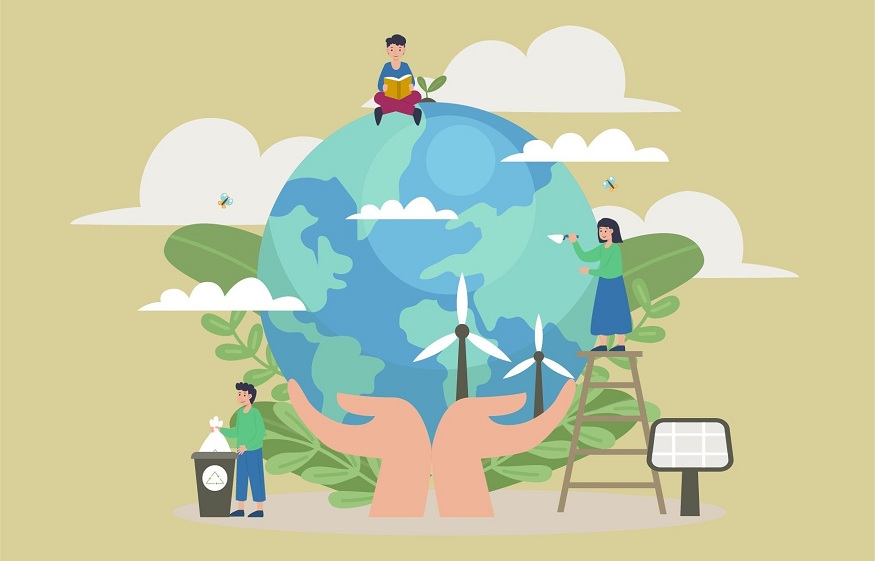To give every chance of success to the policy of sustainable development of territories, it will be necessary to make access to territorial information freer and more accessible, and therefore mutualizable. Online waste exchanges are an example of this insofar as they promote the development of industrial ecology. We can also cite, in another register, carpooling organized on the Internet or multimodal information systems for public transport.
The technologies are available but they are not always used, far from it. Research and political will are the determining factors here. The various laboratories of the Institut Telecom bring together researchers considered to be the best in the world. Innovative French companies are encouraged by the Secretary of State for the forecasting and development of the digital economy, Nathalie Kosciusko-Morizet: “In this area, France could take a competitive advantage, because if it is not the best in the manufacture of technologies and equipment, our country is rather well placed with regard to uses, software and services”
Nathalie Koscisusko-Morizet (Secretary of State for the…
The aim is to make all the necessary information both accessible and interoperable. This is for example the case for information on public transport. When will we be able to consider that this type of information is a common good to be shared? Should it become free for everyone, as is the case in some countries? Do we accept to see local geographic information managed by private actors as is the case in San Francisco? This is a question of territorial governance.
Co-producing territories, a “twenty-one, two-point-zero (2.0) agenda”?
The first version of a newly created software is…
The so-called “web 2.0” collaborative technologies allow everyone to produce and widely disseminate information and knowledge, regardless of their level of responsibility, which is profoundly upsetting established social models. The Internet is widely used by the French population and has deeply penetrated all aspects of lifestyles, those of the youngest as well as those of seniors. Administrations and companies that are unable to adapt their activities to these new uses and develop their culture risk quickly finding themselves in difficulty.
This societal revolution also affects political decision-making by promoting unprecedented transparency and proximity in relations between elected officials and citizens. Communication on the life of the territory (roads, fires, floods, cultural life, pollution peaks, biodiversity, etc. ).) is thus more in touch with the short time of the daily life of most citizens, because almost in real time. Websites, blogs, text messages, social networks, emails are all tools that allow elected officials to hold the attention of residents on issues of general interest. The citizen is also a producer of geolocated information and thus allows territorial agents to provide better quality service to the community in different sectors: reporting of public service failures, such as lighting, damage, quality of air, public transport, education, etc .
Consulting citizens is at the very heart of the definition of sustainable development. Agenda twenty-one is based on a concerted diagnosis and commits to collectively identifying directions for progress, content proposals, implementation and follow-up.
Some French local authorities have successfully used online discussion forums during the consultation phase of their Agenda twenty-one or their climate plan. Others simply put the documents and maps relating to the project online, as intermediation elements for collecting information and identifying the sociological changes in the practices of the city and its citizens. However, French local authorities do not yet sufficiently share information and data from their territories. Conversely , the city of Geneva, for example, has a legal obligation to make a great deal of public information on sustainable development available to its citizens through its website.
Generalizing broad consultation via the internet in the construction of Agenda twenty-one and building “Agenda 212.0” [9] would allow local authorities to make the most of the potential of digital tools to ensure the sustainable development of their territories. This would also position the directors of information systems of State services and local authorities at the heart of sustainable development initiatives, which is not generally the case today
Terminology crossing web 2.0 and Agenda 21 and proposed by…
19“The new tools allow, if they are well managed, to better take this pulse. But that does not prevent having to modify the structure of governance itself: consultation must circulate information in both directions and the decision must really take account of opinions. But, before a know-how, governance is above all a know-how”.

